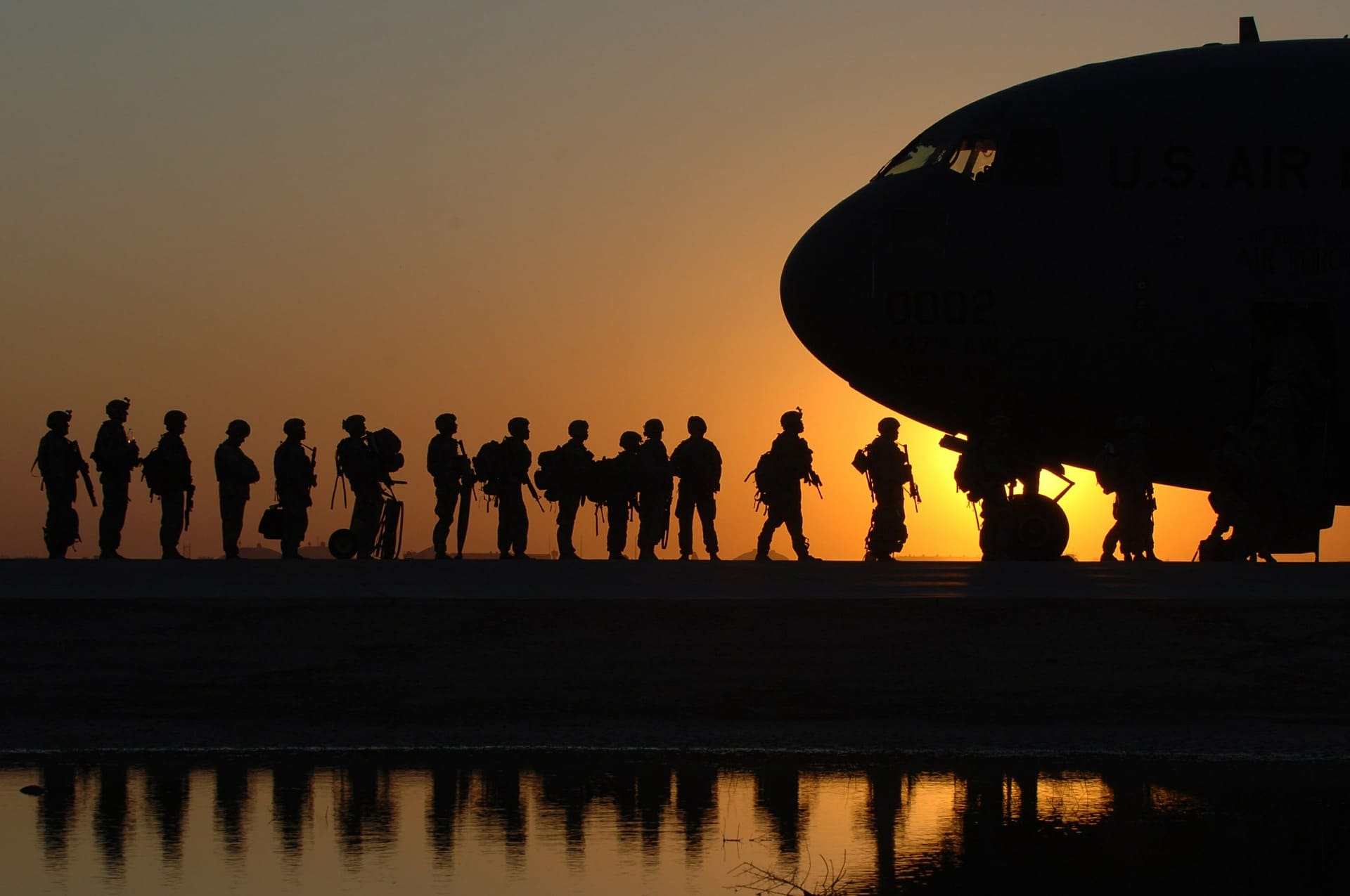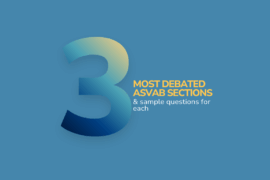The Armed Services Vocational Aptitude Battery, or the ASVAB, is a test administered to three potentially separate groups of people: interested high school students, individuals who are looking to enter the military, and people already enlisted, but who desire to increase their rank (the ASVAB is then called the AFCT).
Preparing for the ASVAB is tricky, because you want to do well on the test, as it can determine what branch of military you qualify for, as well as your rank. It is designed, however, to measure knowledge you would have acquired in high school.
“The test itself measures how well [students] have obtained the information that they have been taught in school already. So math, science, reading comprehension, arithmetic reasoning, all those subjects are being taught in school so we measure where they are,” said David Davis, Chief of the Testing Division at United States Military Entrance Processing Command.
As a result, the military does not put out a study guide. Your ability to retain information you would have learned between sixth and tenth grade is being tested and study of additional content is not necessary. However, familiarizing yourself with the test and brushing up on your skills with a bit of review can help you refresh your memory of these topics and help you feel confident about the test–and getting the score you want. Below are topics the ASVAB covers that you may want to review:
- General science
- Arithmetic reasoning
- Word knowledge
- Paragraph comprehension
- Mathematics knowledge
- Electronics information
- Auto and shop information
- Mechanical comprehension
- Assembling objects (for MEPS test-takers only)
Kim Marcelliano, Government and Test Prep Product Manager at Peterson’s, gave her advice for preparing to take the ASVAB.
“What I would suggest is to take our full-length ASVAB practice tests. This covers all of the areas on the ASVAB,” said Marcelliano. This helps students know what to expect and what the format is like. “However, for placement, their GT score is of most importance. In order to increase their GT score, they need to increase their math and verbal skills.”
When it comes to working on your GT score, Marcelliano recommends going over the material more extensively.
“We have the ASVAB online course which covers the GT portion of the ASVAB,” said Marcelliano, who explained that the course includes a “full-length diagnostic test with interactive lessons and quizzes to help teach material needed to get the best GT score.”
Once you feel comfortable with the material, just taking a few practice tests before the real thing will help you feel prepared for the test. Remember, the test determines what branch and position you can have in the military, so take it seriously. Review material beforehand, and get a good night’s sleep, bring any necessary items, and leave for the testing center in plenty of time, so you can show up on your testing date prepared to think on your toes.
For more military exam test prep resources, visit petersons.com/testprep/asvab.



